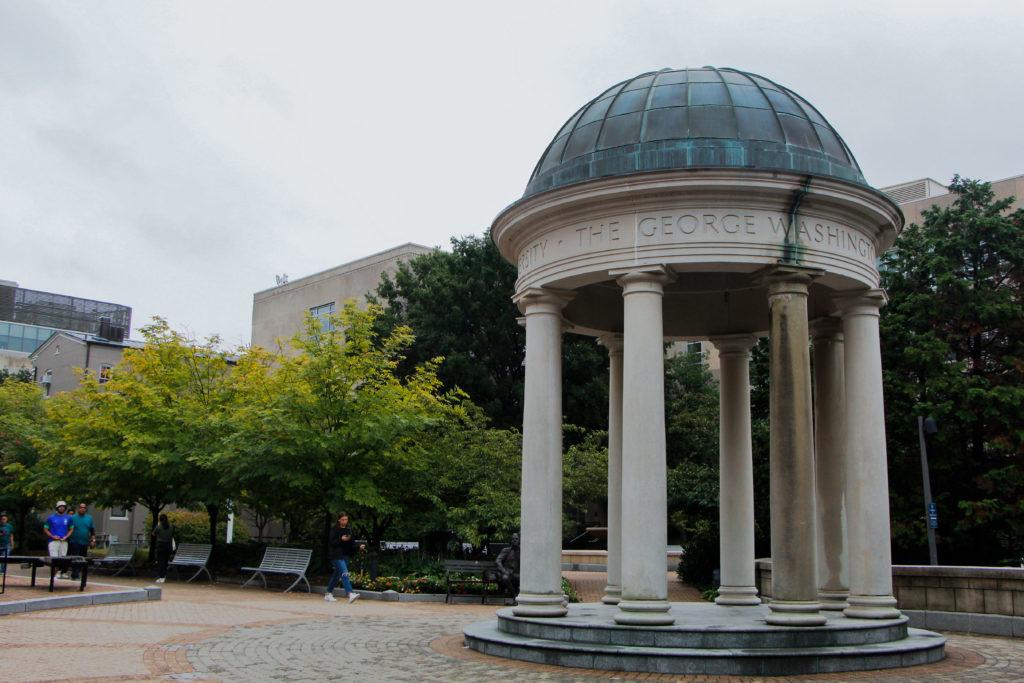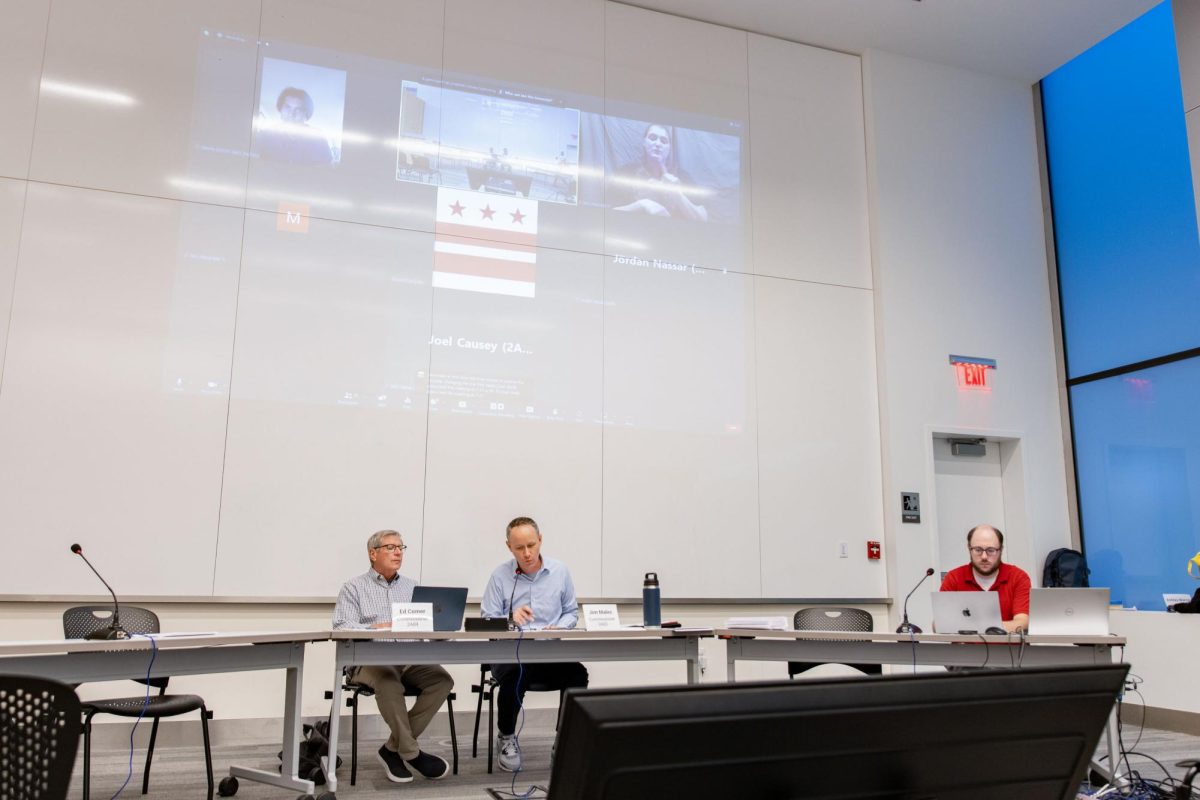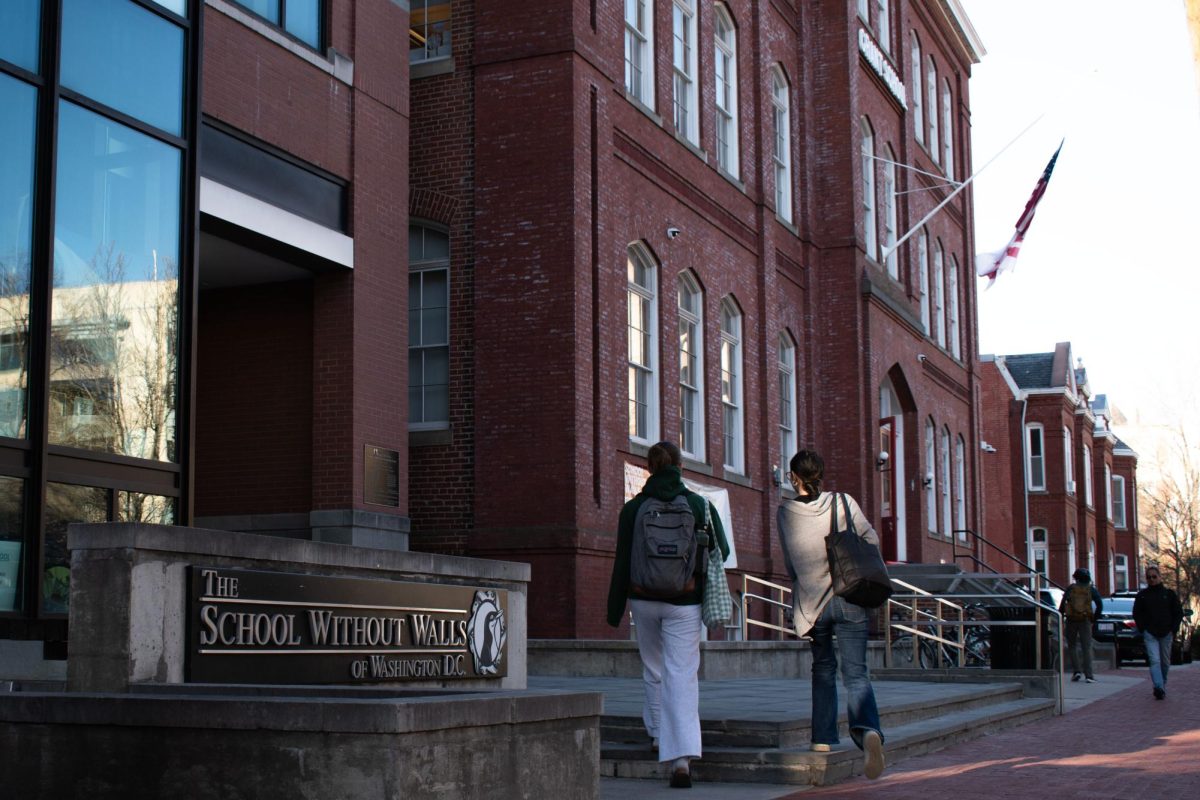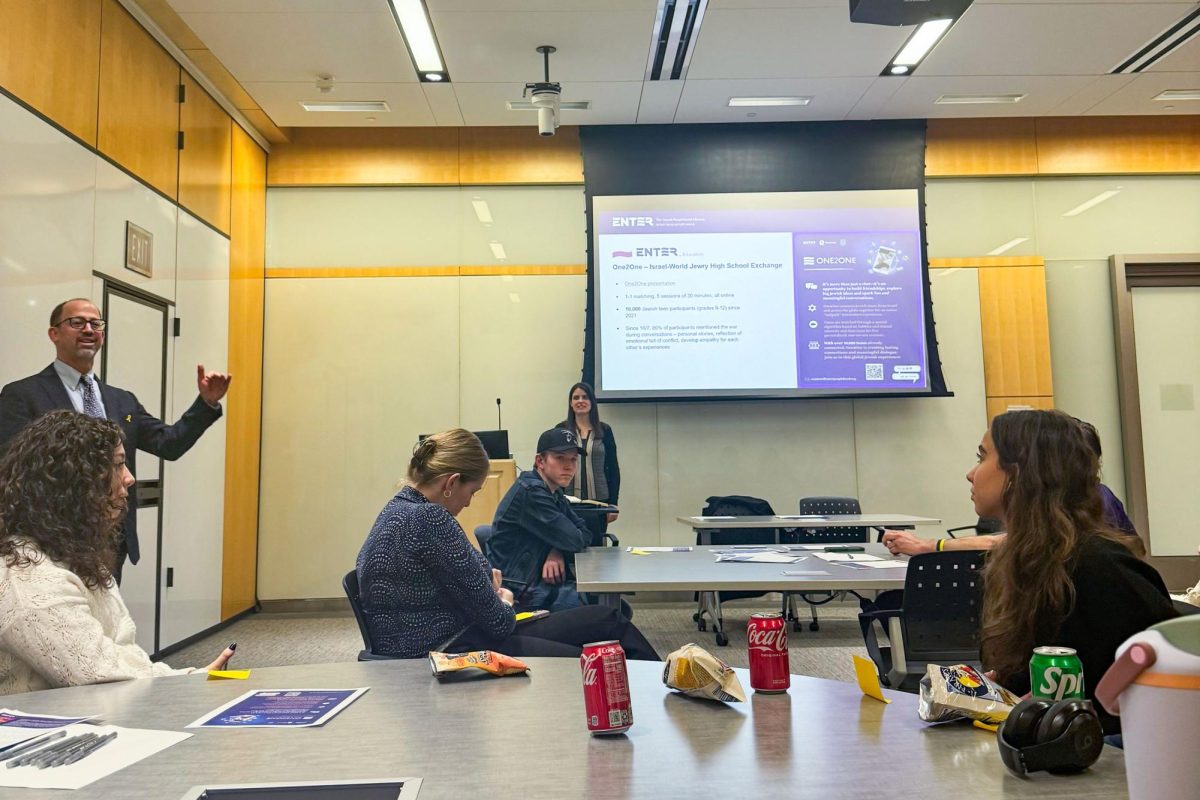A District Court judge Wednesday dismissed a lawsuit that GW filed last year against an insurance company to seek compensation for building damages allegedly caused by coronavirus particles that infected residents spread through the air.
In the lawsuit filed last October, officials said Factory Mutual Insurance Company owed the University millions of dollars that the company refused to concede for the alleged damage despite an “all-risks” insurance policy that GW purchased from the firm in 2019. In the 12-page filing, District Court Judge Dabney Friedrich said the damages were not substantial enough to enact the insurance policy because coronavirus droplets can be cleaned off of surfaces and don’t present long-term structural alterations or damage to GW properties.
The dismissal is a blow to GW’s efforts to recover from financial strains caused by the pandemic, which officials said in the lawsuit cost the University “hundreds of millions” of dollars and led to a $180 million budget gap during the fiscal year 2021.
The University argued that the presence of COVID-positive individuals within campus buildings in 2020 spread coronavirus droplets through the air to settle on surfaces in GW facilities, leading to building closures and causing “physical loss or damages” that the firm should cover. Friedrich cited the lack of “tangible alterations” and lasting damage in the campus buildings in the dismissal.
Officials argued the insurance company should reimburse the University for pandemic-related improvements to buildings, like HVAC system upgrades and installations of Plexiglas barriers and hand sanitizing stations. Officials pointed to rulings in Colorado and California as precedent for coronavirus exposure to constitute physical damage, but the judge rejected those claims, saying the argument is invalid because droplets don’t cause long-term damage.
“Both courts accepted that viral droplets attach to surfaces, but they failed to explain how COVID-19 – which can be cleaned – plausibly causes long-lasting damage,” the judge said in the dismissal. “It is because of this missing link that the Court finds these cases unpersuasive.”
Friedrich said while D.C. courts have not considered whether COVID-19 can cause physical loss and damages to property, the “overwhelming majority” of other courts that have examined the question have ruled that the virus does not meet the definition.
“While COVID-19 poses a serious risk to humans, it does not threaten the integrity of physical structures,” the dismissal stated.










